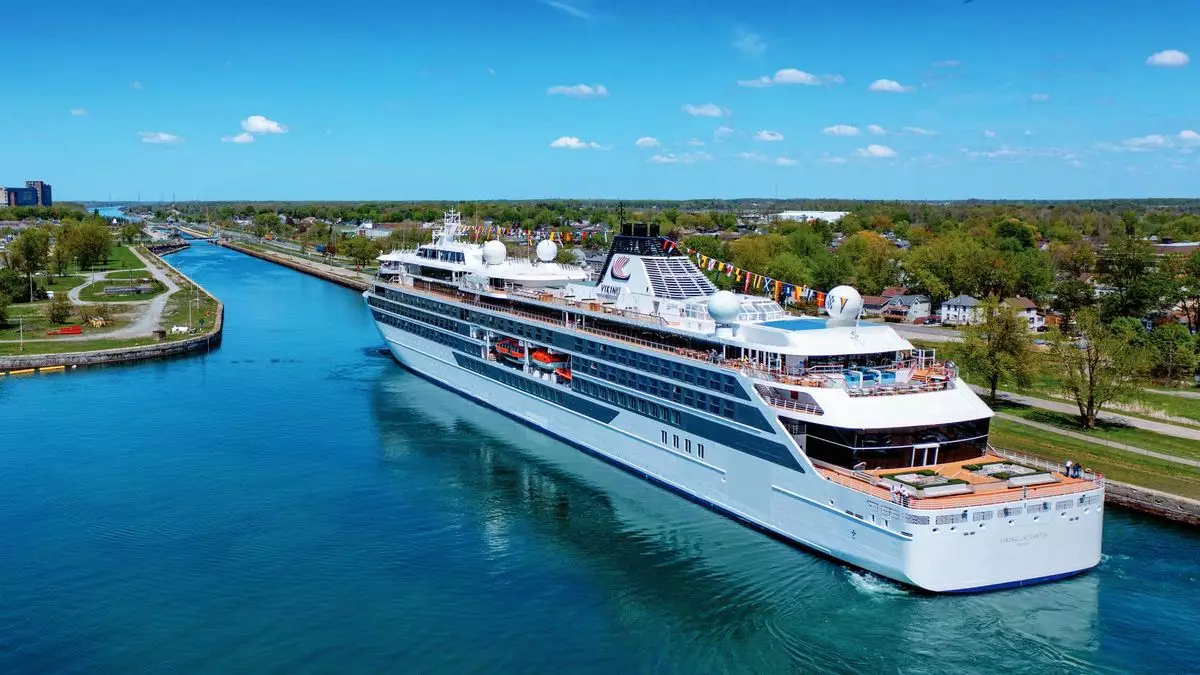Viking, a prominent cruise line, has recently made the decision to go public after 27 years of operating as a private company. In its IPO registration form, Viking’s founder and chairman, Torstein Hagen, emphasized that the core of the cruise line’s business will remain consistent. However, a significant aspect of their strategy might have raised concerns among travel advisors. Viking announced its plans to focus on growing direct bookings, citing a robust marketing database with over 56 million North American households. The company expressed confidence that direct bookings will continue to increase and contribute to its success.
Although Viking is aiming to expand direct bookings, it also acknowledges the critical role that travel advisors play in its distribution network. In its IPO registration, the company highlighted the significant number of bookings generated by travel agencies and emphasized its commitment to maintaining and strengthening this channel. Viking has cultivated preferred relationships with major travel agency consortia and employs sales managers in key markets to keep travel advisors informed about its offerings. The company recognizes that any disruption in these relationships could negatively impact its business.
Viking’s statement about increasing direct bookings has prompted a response from industry experts, including Zane Kerby, the president and CEO of the American Society of Travel Advisors (ASTA). Kerby emphasized the pivotal role that travel advisors play in selling cruises, citing a Phocuswright study that indicates advisors book nearly 59% of all cruises in the U.S. He also noted projections that suggest advisors will be responsible for selling nearly 71% of cruises by 2026. With fierce competition in the river cruising market, Kerby suggests that Viking should prioritize U.S.-based travel advisors as their primary distribution channel.
Viking currently operates 81 river ships worldwide, along with nine oceangoing and two expedition ships. The company has historically relied on a multifaceted distribution strategy to fill its ships, including direct marketing efforts to drive bookings. In a 2013 interview, Hagen acknowledged the company’s focus on direct marketing and direct bookings, highlighting the importance of travel agents in the booking process. Despite reporting substantial revenue growth in recent years, Viking faced a significant net loss in 2023 as it continued to recover from the impact of the pandemic.
The decision by Viking to increase direct bookings has raised questions about the future relationship between the cruise line and travel advisors. While Viking aims to leverage its marketing database and grow direct bookings, it is crucial for the company to maintain strong ties with travel agencies. As the industry landscape evolves and competition intensifies, finding a balance between direct bookings and travel advisor partnerships will be essential for Viking’s long-term success. Travel advisors play a vital role in selling cruises, and their expertise and personalized service offer unique value to customers seeking memorable travel experiences. By embracing a collaborative approach that values both direct and indirect distribution channels, Viking can navigate the changing dynamics of the cruise industry effectively.

